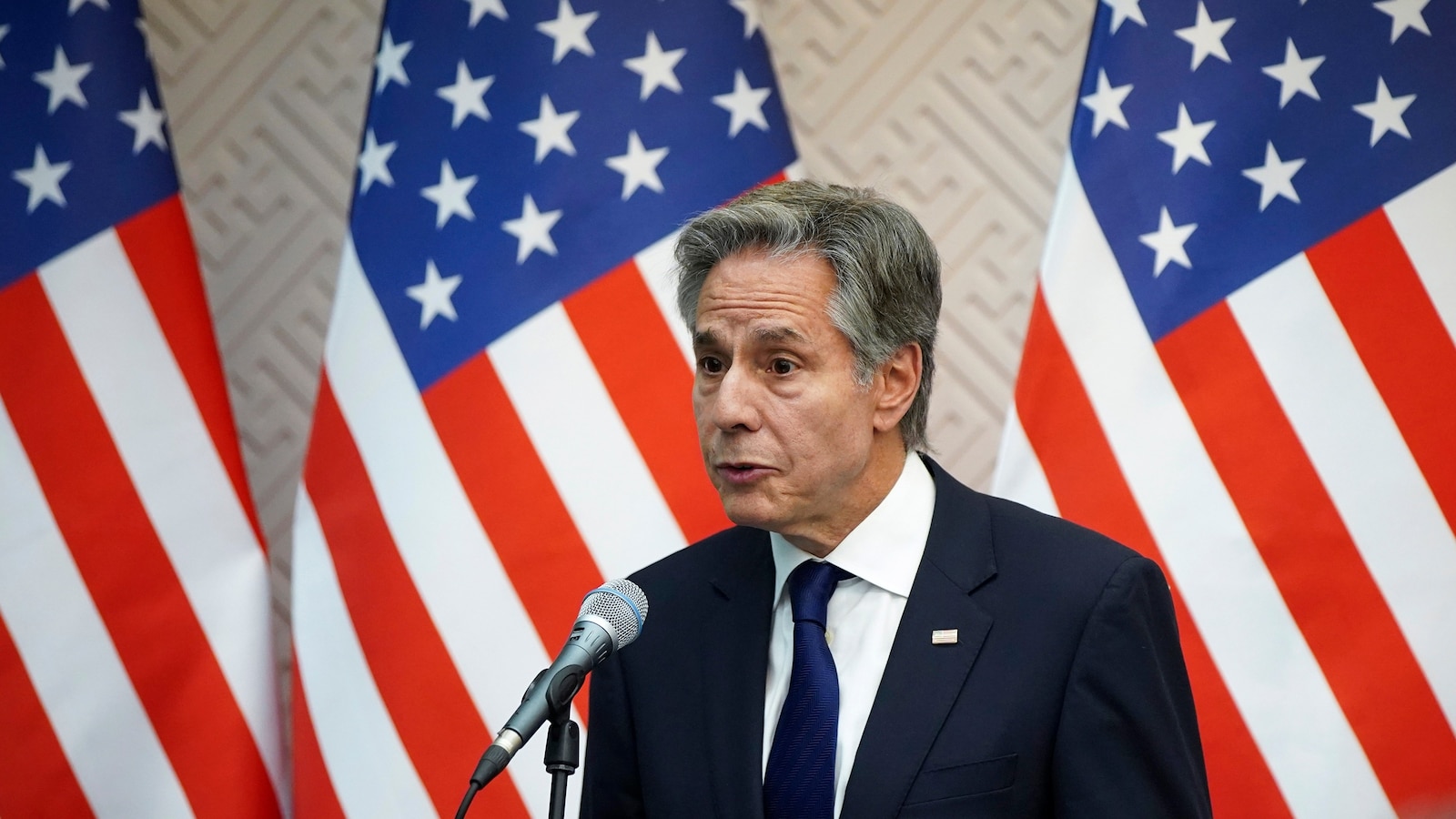As the Middle East braces for potential escalation of hostilities, diplomats at the State Department are trying to rally allies and partners to pressure Tehran into containing the scope of its retaliation against Israel that U.S. officials now view as inevitable.
During a call with G7 foreign ministers on Sunday, Secretary of State Antony Blinken told his counterparts that a response from Iran and Hezbollah to the recent assassinations of a high-ranking official from the Lebanese militant group and Hamas’ top political leader could begin in the next 24 to 48 hours, according to two officials familiar with the matter.
However, they added that the U.S. doesn’t have a clear picture of Iran’s plan and that an attack could happen outside that window, as well.
Fouad Shukr, a Hezbollah commander, and Ismail Haniyeh, a top Hamas political leader, were killed last week in separate incidents. Israel took responsibility for the strike that killed Shukr but has not said if it was also behind the attack that killed Haniyeh in Tehran, which Iran has blamed on Israel.
Officials said the driving agenda behind the call on Sunday, which was organized at the request of the U.S., was to encourage the G7 countries to use any tactic available to them to push Iran and Hezbollah to limit the size of any strike — minimizing the possibility of overwhelming Israel’s aerial defense networks and inflicting mass damage that could ignite an all-out regional war.
Blinken has been working the phones Monday, as well, calling counterparts in the Middle East with a similar message — building off of President Joe Biden’s call with King Abdullah II of Jordan, one official said.
In the wake of Iran’s unprecedented drone and missile strike on Israel last April, officials assessed that Iran showed an interest in toeing the line — launching a massive salvo directly at Israel that could have caused major escalation if defenses failed, but also previewing details of its attack plan and later declaring the issue was “closed” without inflicting large-scale damage or loss of life.
The U.S. is also trying to bring together a similar coalition to back Israel as it did ahead of Iran’s April attack, but American diplomats are facing a steeper hurdle this time because many international partners see some of Israeli Prime Minister Benjamin Netanyahu’s actions — particularly the killing of Hamas political leader Ismail Haniyeh in Iran — as unnecessarily provocative, according to the two officials familiar with the matter.
Blinken also stressed on the call with the G7 that countries would need to encourage restraint from Israel following action from Iran and Hezbollah, and to continue working toward a cease-fire and hostage release deal in Gaza, according to the officials.
